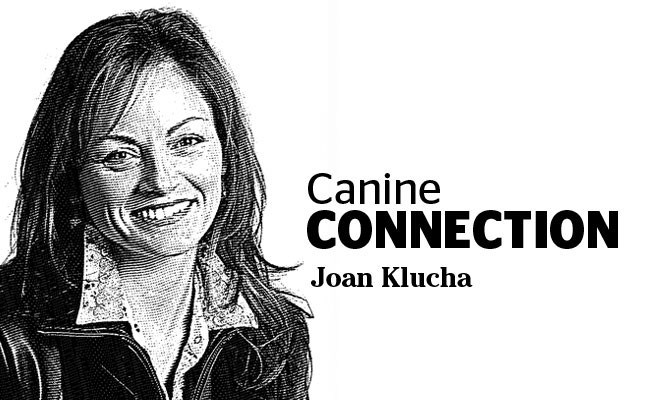I often find myself fielding questions during new puppy home visits such as; is it normal for a puppy to jump, to bite, to do their business in the house, to bark, to whine, to pull on the leash, to run away, to steal garbage, to chew on furniture etc.?
My answer to all of these questions is yes. Yes it is perfectly normal for a puppy to do all of those things.
Is it acceptable in our human world for a puppy to express those behaviours?
No, it is not acceptable at all.
Puppies are not born knowing how to behave in our human world.
New puppy owners have to teach them to stop expressing normal canine behaviours since they are inappropriate and – if ignored or tolerated – can be downright dangerous.
In fact, the main reason dogs are given up for adoption is because of poor leadership and training as puppies. But that is not to say that adolescent or adult dogs are not trainable it is just easier to set a puppy up for success by starting early rather than waiting until the dog’s behaviour becomes intolerable.
Leadership or good manners training should start the moment a new puppy comes into the home. There is a natural 10 day or so adjustment period during which a puppy assesses their new environment and may seem really calm.
This calmness fools every single new dog owner into thinking that their puppy is perfect and they wonder how they could be so lucky to have such a calm and well behaved puppy!
But what is really going on is the puppy is observing, sort of feeling out what its new living situation is like. Once that honeymoon period is over the poop (sometimes literally) hits the fan.
In a perfect world the new owners would have brought in a trainer to discuss training goals before the pup even came home.
But unfortunately I usually get the call around the time a puppy is 16 weeks of age (or older) and has had a full 2 months (or more) of no rules. Its imprinting period is closing and what is imprinted on its young mind is nothing but havoc. There are no rules, no boundaries, no lessons in self control or bite inhibition, no lessons on being polite and respectful for the adolescent dog to reflect on.
When I am lucky enough to help someone start training an eight-week old puppy, the first lesson is sit. Sitting for everything teaches a puppy to sit as a default behaviour instead of jump. Most people start teaching a puppy to sit only after they have experienced it jumping for what it wants. This default sit includes sitting at the door and ringing a bell to be let outside to do their business. Yes they can learn this skill that early but you have to set them up for success!
Next is bite inhibition. Puppies are very oral creatures and put everything in their mouths, including hands. I teach puppies to investigate human flesh with their nose and tongue instead of teeth. By always offering a puppy a treat in an open hand with palm facing upwards a puppy learns to sniff and lick instead of bite the hand that feeds it.
Teaching a puppy self control takes a great deal of patience from the owner. Since patience is one of a human’s worst virtues it’s no wonder our dogs lack it as well! To teach self control you need to wait for a puppy to calm down and choose a peaceful behaviour. If you have been teaching the default sit, guess which one the puppy will choose the fastest?
Please don’t wait to get your new puppy started on the right paw. By teaching them the right thing to do early, you can avoid correcting the wrong thing when they are older.
Joan Klucha has been working with dogs for more than 15 years in obedience, tracking and behavioural rehabilitation. Contact her at [email protected].



